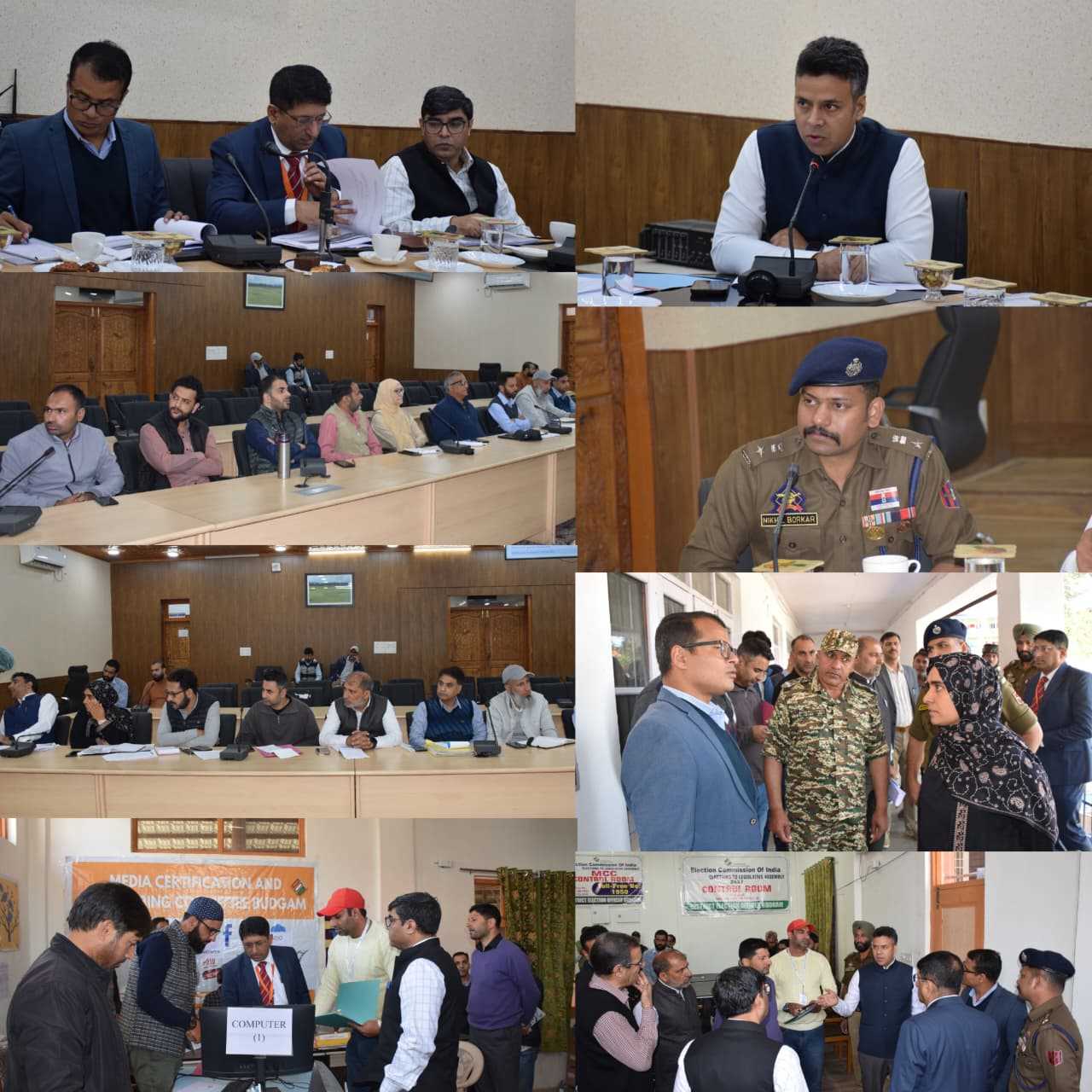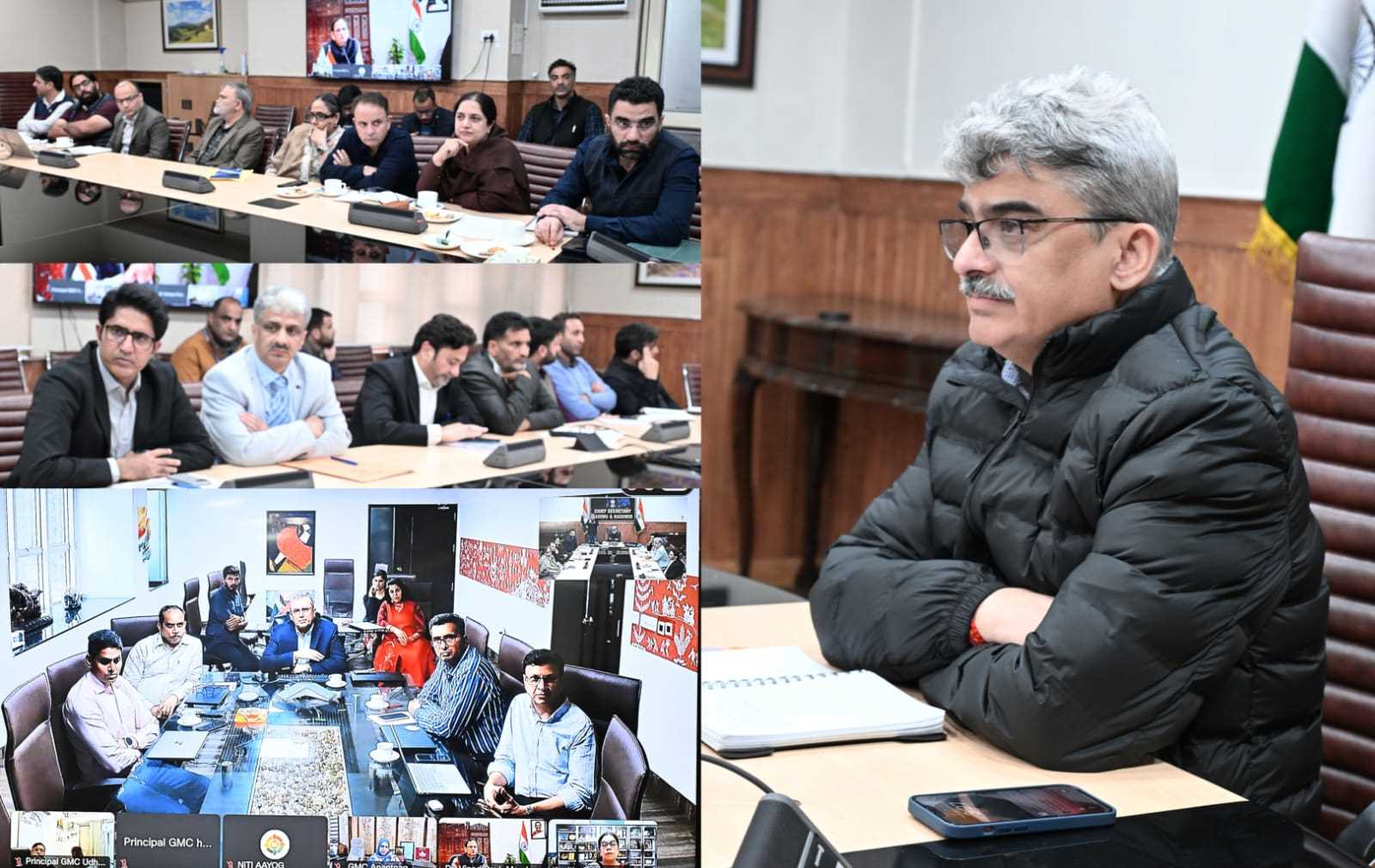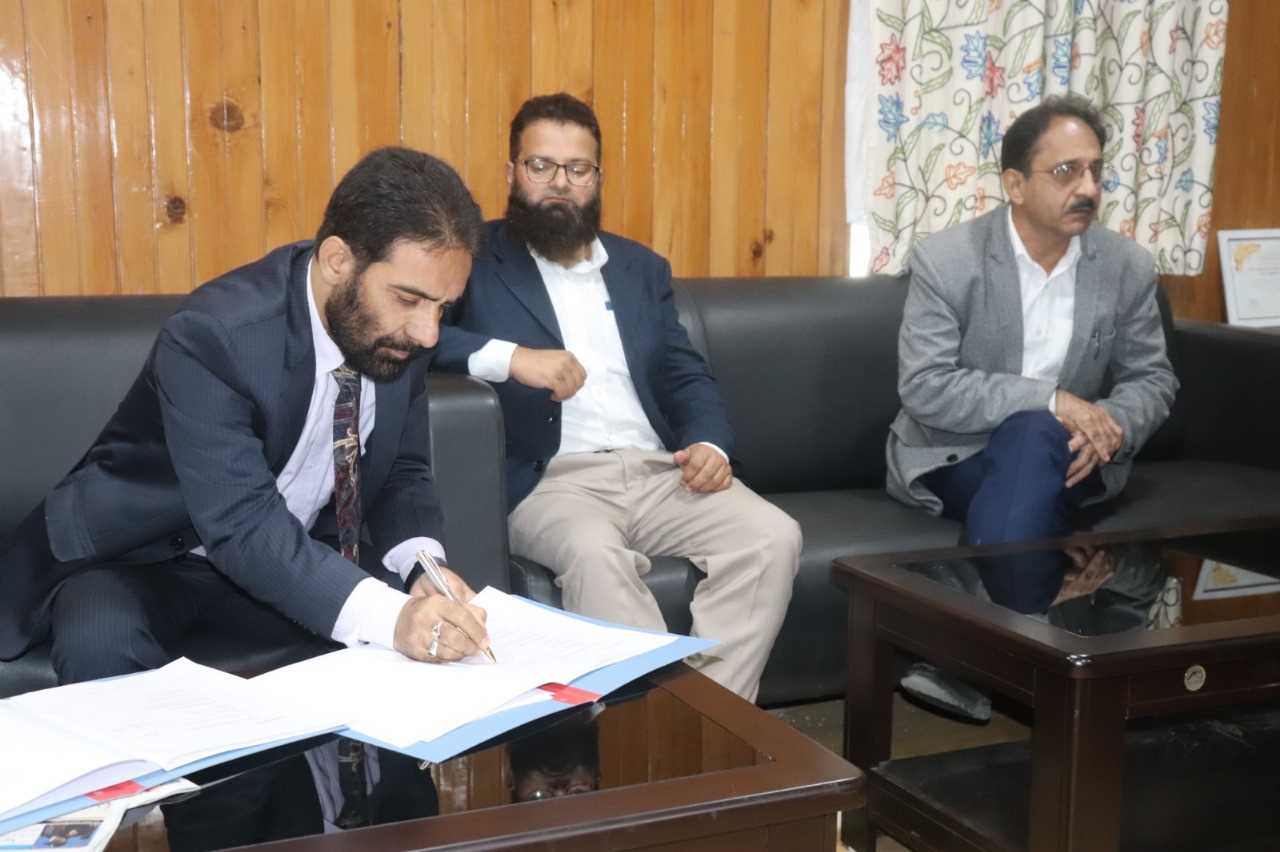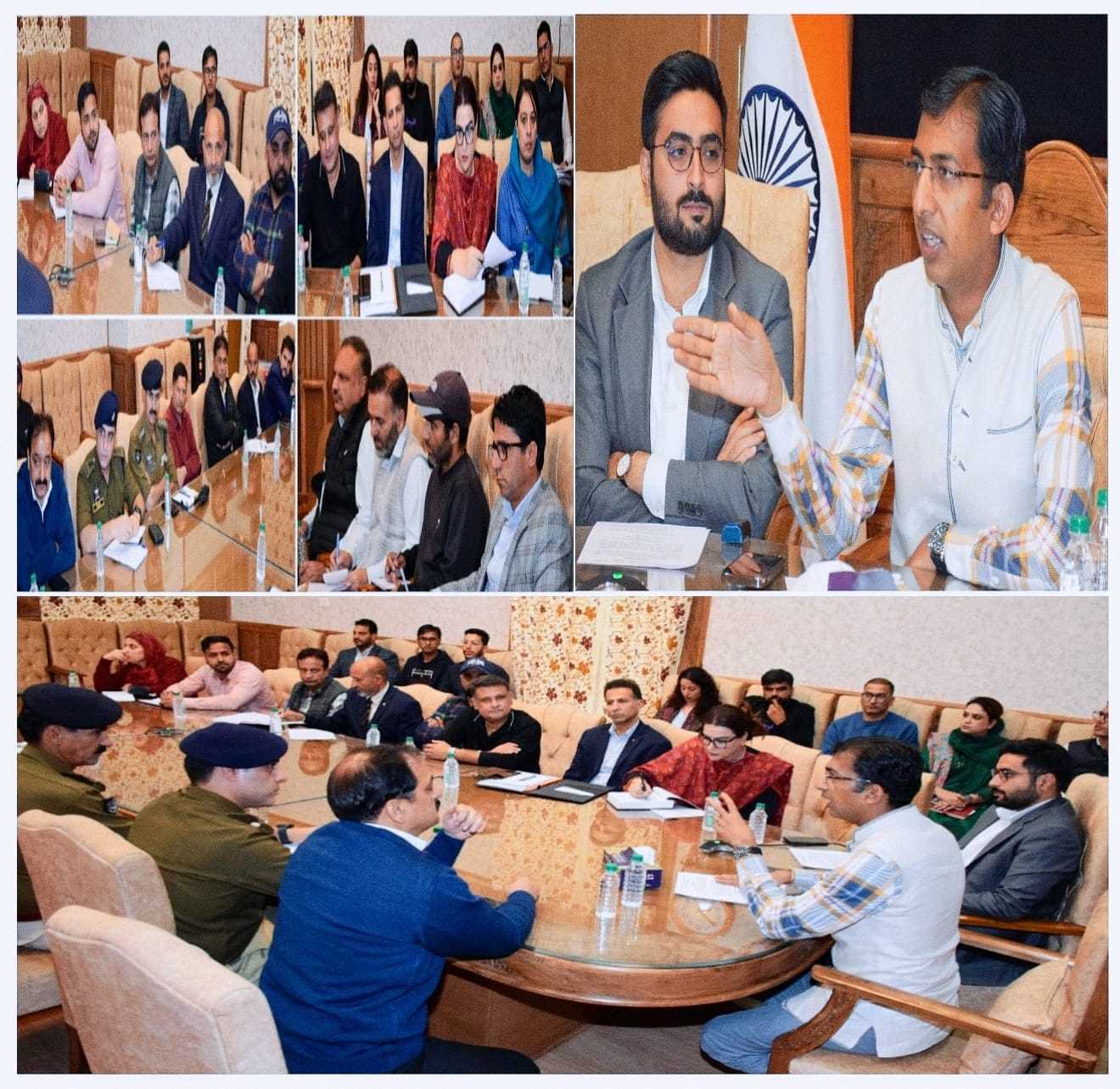Jammu and Kashmir, having faced years of challenges and hardships, now stands as an example of strength, resilience and steady progress. Citizens, civil society, security forces, and governmental institutions are collectively guiding the way towards peace, prosperity, and hope. The Union Territory is now a beacon of change where stability, inclusivity, and opportunity are redefining its destiny.
Non-violence is one of the greatest assets of humanity. It is not just the lack of conflict but a deliberate decision to overcome differences on the basis of compassion, understanding, and dialogue. Real peace cannot be constructed over violence or hatred; it needs empathy, justice, and respect for each other. In India's process of becoming the world's largest democracy, non-violence has always been the beacon that illuminates its vision of unity and harmony.
Any form of violence does not work instead, it destroys societies and weakens meaningful causes. Real strength comes from self-discipline and compassion, not confrontation. History has shown that lasting and meaningful change is brought about through peaceful, patient, and constructive means, and not violence. Each act of violence leaves scars, but each act of peace builds bridges of trust. The loss of life from time to time in security or border incidents reminds us of the value of peace and the need to protect it by engaging in dialogue, understanding, and cooperation. These incidents provide us with opportunities for reflection and reaffirm the collective commitment to harmony and coexistence. The revocation of Jammu and Kashmir in 2019 entered a new era of stability, governance, and inclusive development.
Since that time, the area has experienced a multitude of reforms relating to administration, social welfare, and economic opportunity. The Government of India has launched various programmes, including Umeed for women's empowerment, Mission Youth, Back to Village, and My Town My Pride, which are now in place, and have all furthered participatory democracy and a greater role of the citizen in governance. All these initiatives represent India's commitment to inclusive growth and national integration. The 10th All India Police Judo Cluster in Srinagar, Hon'ble Lieutenant Governor, Manoj Sinha talked about how sports develop discipline, courage, and unity of achievement - all of which foster peace and unity. It is these community engagements that sports embody, but they also highlight friendship, perseverance, and a joint sense of direction that define the region's ongoing journey toward stability, coexistence and inclusive development. This illustrates how non-violent, community-oriented means can lead to social cohesion and enduring peace.
The Government of India has taken steps in areas like education, health, employment, and connectivity to promote the equal development of the people of Jammu and Kashmir and to foster a sense of belonging and empowerment. Therefore, it can be argued that the emphasis on infrastructure, tourism, and especially the growth of entrepreneurialism has also propelled forward a very successful people-centered agenda that emphasizes opportunity, trust, and social solidarity.
Indian security forces also have a motivational role in peacebuilding. They operate well beyond maintaining law and order, with roles as developmental and social welfare partners. For example, the Army has initiated Sadbhavana projects aimed at education, healthcare, women's empowerment, and youth development, which strive to build a sense of trust and cooperation between communities and the state. The role of security forces is to help ensure the safety and security of the values of empathy, oneness, and national integration.
Local communities and civil society initiatives are still strengthening peace at the community level. Cultural events, educational programs and environmental events allow for dialogue and cooperation. Young people in particular are becoming change-makers, harnessing their capacity through art, literature, sport and technology for the purposes of optimism and innovation and as a means of fostering social cohesion.
Education lays the foundation of non-violence and peace. Schools and colleges in Jammu and Kashmir are instilling values, compassion and tolerance and preparing students to tolerate diversity and to resolve disputes through dialogue. Peace education and community service prepare youth to be active, engaged citizens and ambassadors of peace.
Public confidence, opportunity, and a shared goal arise from joint government, security forces, and members of the community engagement. Continuing dialogue, inclusive development across the demographic spectrum, and ongoing engagement are the foundations upon which we will secure a pathway of peace and progress.
A peaceful and progressive Jammu and Kashmir can become a reality when non-violence is a common culture and ethos. Each citizen can contribute by being respectful of differences, being supportive of reconciliation, and extending kindness. Encouraging cultural exchanges, the revival of art and literature, and the development of common platforms for youth interaction enhance unity and social cohesion. When compassion is a shared value, peace becomes an automatic outcome.
Non-violence and peace-building are not ideals, but the strongest pillars of a harmonious and just India. In Jammu and Kashmir, people have brought new hope after decades of strife. The UT today is a proud symbol of India's devotion to peace, development, and human dignity. Non-violence preaches that the greatest strength comes not from power but from compassion. If hearts come together in the name of peace, harmony becomes certain. Jammu and Kashmir's experience stands as evidence that no matter in the backdrop of adversity, hope and man can overpower and even from the valley of silence the voice of peace can resound once again.
Email:-----------------------vadaiekashmir@gmail.com







